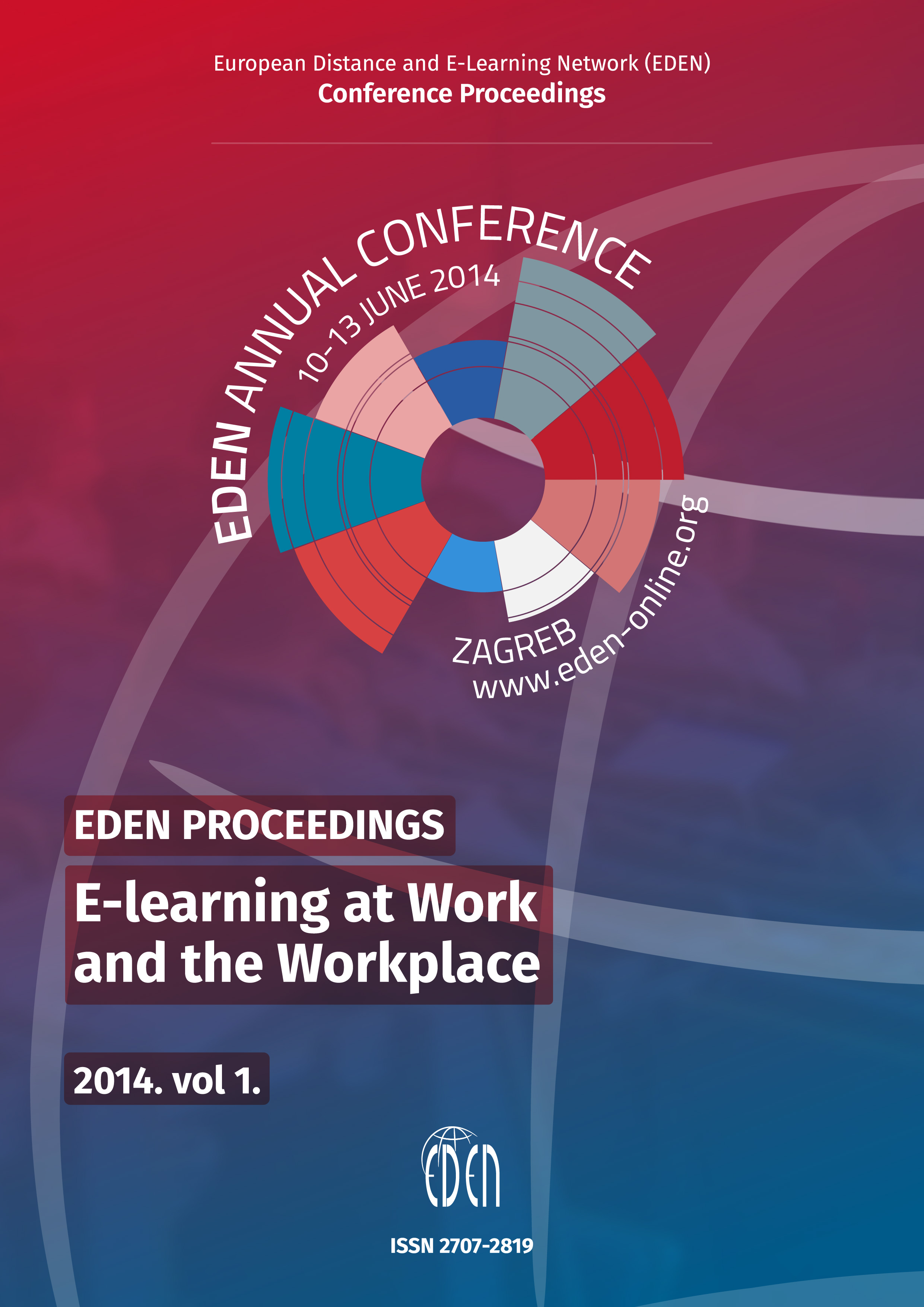Supporting Students throughout University Career: The STAY IN Project
Supporting Students throughout University Career: The STAY IN Project
Author(s): Gigliola Paviotti, Luca Girotti, Pier Giuseppe RossiSubject(s): Social Sciences, Education, Higher Education
Published by: European Distance and E-Learning Network
Keywords: e-support; guidance; Tutoring, student support
Summary/Abstract: The STAY IN project seeks to contribute to an improved guidance and counselling provision for higher education students, focusing on online support services. The action is aimed at enhancing the quality of educational services and at improving retention rates. The action focuses particularly on the ongoing study career, both in presence (student offices) and especially at a distance, by means of a multi-level channel of communication and a continuous dialogue with the student.Between January and May 2013 a research analysis was carried out, in order to identify the students’ needs, and act to fill in the gap between support needs and support provision. The overall methodology adopted combined three methods of data collection and analysis: a set of Key Informant Interviews; a Literature Review of theory, research and practice on student guidance and counselling; a Student Survey. The survey (546 completed questionnaires) in particular offered some interesting data, by making explicit:• a general gap between support needs and support provision;• a gap between the supply of support and perceptions of the utility and usefulness of the support provided;• an inadequate basic information.The full report is freely downloadable from the project website: http://stay-in.org/.To answer the identified needs, STAY IN has designed a model contributing to the development of e-services in the field of guidance and counselling, although a more general concept of e-support underlines the project approach, and has developed multi-channel open source platform.The platform allows to carry out online guidance and support processes in full, from the first contact, to virtual meetings and asynchronous communication. However, even if the first contact is established online, when applicable and/or preferable, meetings can be organised at the services premises or at the telephone, in order to meet as much as needs and preferences possible. The support persons, namely teachers, for didactic support, guidance practitioner, for guidance and orientation, counsellors or even administrative staff (taking care of the study plans modifications, in example), are committed to track the ongoing process within the platform in any case: this will allow a monitoring on how the system is able to answer requests, and will also allow the organisation to identify frequency of problems and potential weaknesses, then to act in order to enhance quality of services.Beyond the technical development, a great effort has been made to involve concerned people since the design phase, by organising focus groups, workshops, and consultations. The STAY IN partners believe that, even if the tool plays a relevant role in the future adoption, the key element for the success of any initiative is the commitment of people and shared vision and goals: awareness about the not-neutral role of each of the players in providing improved guidance and support services to higher education students, has been therefore amongst the main objectives of the action.
Journal: European Distance and E-Learning Network (EDEN) Conference Proceedings
- Issue Year: 2014
- Issue No: 1
- Page Range: 478-486
- Page Count: 9
- Language: English

